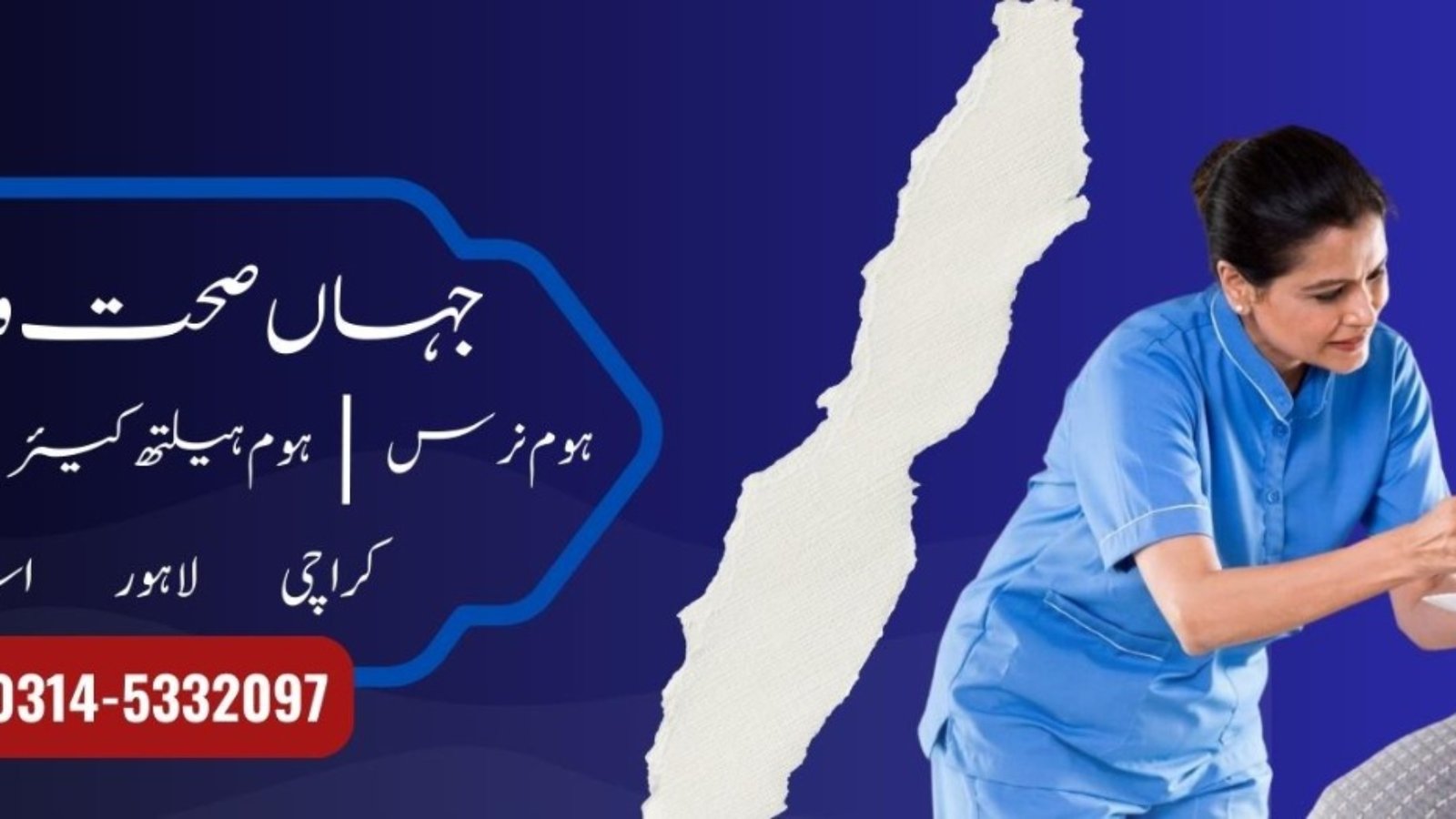Adapting Islamic Fasting Practices for Seniors with Chronic Health Conditions
The observance of Ramadan is a significant and spiritual event for Muslims around the world. Fasting, one of the Five Pillars of Islam, is diligently practiced during this month. However, for seniors with chronic health conditions, the physical act of fasting can be challenging.
Understanding the Essence of Fasting
Fasting isn’t just an act of abstaining from food and drink. It’s a profound practice of patience, reflection, and connection with God. While it’s highly encouraged, Islam grants exemptions for those for whom fasting might be detrimental, such as the elderly or those with specific health concerns.
Engage with Healthcare Professionals
It’s paramount that seniors consult with their healthcare providers. They can provide guidance on whether or not fasting is a feasible option, given the individual’s health status.
Tailored Fasting Plans
For those seniors who are eager and determined to fast, a customized fasting plan might be the answer. This could include fasting for a portion of the day or even alternative days, ensuring their health isn’t compromised.
Prioritize Hydration
Dehydration can be an issue, especially for seniors. They should ensure they’re drinking enough water during non-fasting hours to stay hydrated throughout the fasting period.
Nutritious Suhoor and Iftar
The pre-dawn meal (Suhoor) and the meal to break the fast (Iftar) should be balanced and nutritious. Including proteins, fibers, and vitamins can help stabilize energy levels and prevent sudden drops or spikes in blood sugar.
Regular Health Checks
Monitoring health is crucial during fasting, especially for those with conditions like diabetes. Regular check-ins can help detect any irregularities early.
Medication and Fasting
The timing and type of medication might need adjustments. It’s crucial to discuss and plan this with a healthcare provider.
Know When to Stop
If a senior feels unwell or shows signs of severe dehydration or any other health complication, they should break their fast immediately. Health comes first.
The Spiritual Alternatives
If fasting isn’t possible, seniors can engage in other spiritual acts. Making du’a (prayers), reading the Quran, or giving to charity are other ways to earn blessings during Ramadan.
Conclusion
With careful planning, seniors can participate in the spiritual journey of Ramadan. At Lajpal Care, we believe in holistic care, ensuring our seniors’ spiritual and physical well-being are harmonized.
Phone/WhatsApp: For quick bookings or to discuss specific requirements, dial 327 9016599.
Email: Share your requirements or ask any questions at lajpalcare22@gmail.com.
Visit: For a more comprehensive consultation or to understand our caregiver selection process, visit our Office# 1, First Floor Al-Harmain Plaza, GT Road, Near Bahria Phase 7.
- Home Nurses: Our skilled nurses provide a range of medical and non-medical services, including administering medications, wound care, and daily activity assistance.
- Patient Attendants: Our caring attendants help with daily activities such as bathing, dressing, eating, and mobility, ensuring your loved ones receive the best care.
- Disabled Care: We offer specialized care for disabled persons, including daily activity assistance, physical therapy, and emotional support.
- Healthcare Equipment: We provide essential healthcare equipment, including patient beds, wheelchairs, and oxygen cylinders.
- Home Elderly Care Services.
- Home Nursing Services
- About Us
- Our Services
- Home
- Book Now
-
Read more about other services
For More Information Find us on




